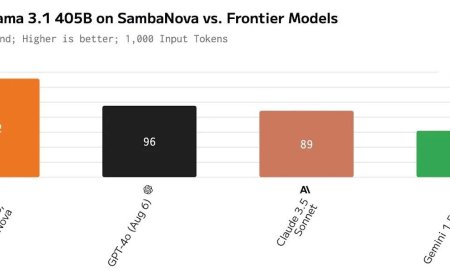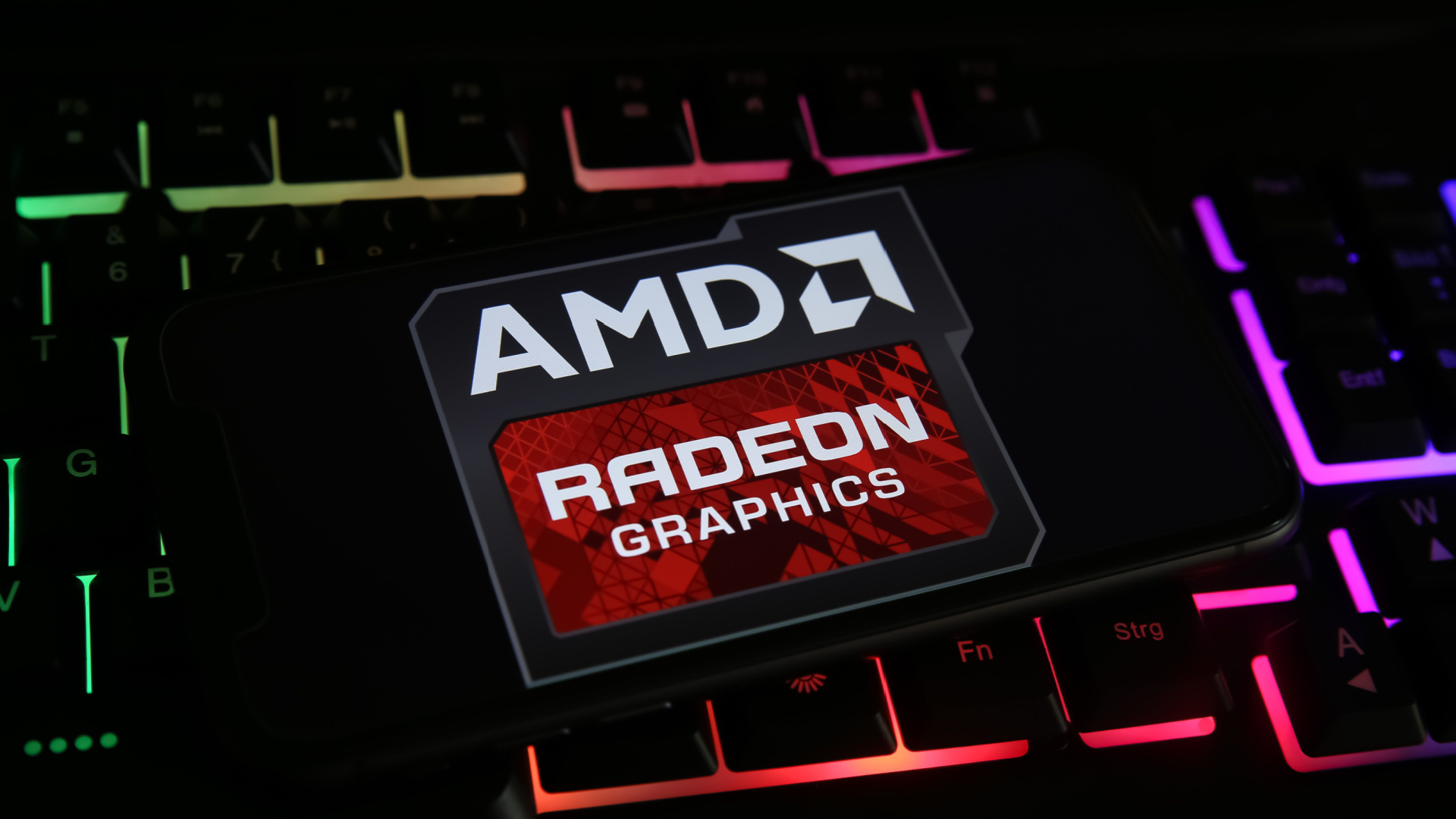SK Hynix Reveals Plans For Cutting-Edge HBM4E Memory, Development Expected By 2026
SK Hynix Reveals Plans For Cutting-Edge HBM4E Memory, Development Expected By 2026

The massive HBM industry growth has initiated the "fire" of innovations, with the Korean giant SK hynix revealing plans for HBM4E memory.
Right now, the AI industry sees HBM as a crucial component for progress in performance capabilities due to its immense importance in modern-day AI accelerators. Recently, we saw the widespread adoption of the HBM3E standard in newer AI GPUs such as the Blackwell B100 and the Instinct MI300X, which brought in a huge boost in performances; however, SK hynix has disclosed that this is just the start, as the Korean memory manufacturer plans on mass-adoption of the HBM4E somewhere within the next two years.
In a recent announcement, Kim Gwi-wook, head of SK Hynix's HBM advanced technology, disclosed that HBM advancements have accelerated to new levels. While previously, the generational changes became effective after a two-year gap, industry demand has prompted this number to be reduced to a year, which shows that SK Hynix is indeed planning to launch their HBM4E by 2026.
This is the first time we have the mentioning of the HBM4E, which not only validates the existence of the standard, but SK hynix has revealed subtle details about the process as well. HBM4E's feature bandwidth is reported to be 1.4 times higher than that of the previous generation, in this case, HBM4. It will be much more power efficient, which only shows us a glimpse of what to expect with next-gen AI accelerators.
Developments surrounding HBM4 surfaced a while ago when the Korean giant disclosed that it would utilize the MR-MUF development technique. This technique aims to integrate logic and memory semiconductors into a single package, and the firm has already formed an alliance with TSMC to reach this goal. Industry reports say that HBM4 will be the "iPhone moment" of the segment, establishing new benchmarks for later standards to follow.
What's Your Reaction?


























































![AMD Confirms Hard Launch For Radeon RX 6000 Graphics Card Launch [Updated]](https://blog.progressiverobot.co.uk/uploads/images/202409/image_430x256_66ecf3da3f518.jpg)





